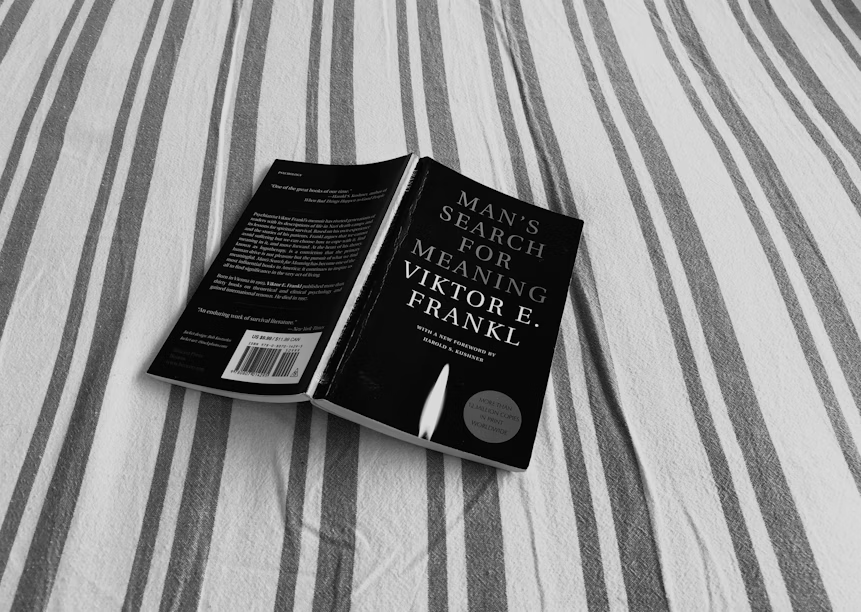When Viktor Frankl walked out of the concentration camps of Nazi Germany, he carried with him more than scars — he carried an unshakable realization: human beings can endure almost anything, if they can locate meaning in their suffering.
This is not just history. This is prophecy.
Meaning as the Antidote to Chaos
Frankl saw clearly what many of us ignore today: life is not primarily about pleasure, power, or possessions. It is about meaning. Without meaning, we collapse under the weight of even the smallest suffering. With meaning, we can face unimaginable horror and still transcend it.
In our modern world, we have exchanged meaning for distraction. Endless entertainment, synthetic relationships, consumer dopamine loops, AI-curated experiences. We numb the void rather than face it. And yet, beneath the layers of abundance, the same existential vacuum Frankl described in the mid-20th century is widening before our eyes.
The Modern Vacuum: Comfort Without Purpose
We live in an era that offers us comfort without direction.
-
We can connect with millions, but still feel alone.
-
We can buy anything instantly, but feel hollow in ownership.
-
We can work endlessly, but question what the work serves.
Frankl’s words pierce through the noise: “Those who have a ‘why’ to live, can bear with almost any ‘how.’”
The modern challenge is not survival in the material sense, but survival in the psychological and spiritual sense. We are drowning in comfort and starving for purpose.
The Future: Technology and the Question of Meaning
The coming decades will not make this easier. Artificial intelligence, genetic engineering, immersive virtual realities — these technologies will shatter the boundaries of what it means to be human.
But technology cannot give us meaning.
It can only amplify the vacuum if we lack it, or magnify the impact if we possess it.
The deeper question for the future will be:
-
In a world where machines outperform us, what makes human life worth living?
-
If suffering can be eliminated, will we still grow?
-
When choices are infinite, what anchors us to a path that matters?
Here, Frankl remains prophetic. The future may look unrecognizable, but the inner law of the human condition does not change: man does not invent meaning, he discovers it.
Suffering, Responsibility, and the Call of the Future
Frankl’s insight is not comfortable. It is not about chasing happiness or avoiding pain. It is about taking responsibility for one’s existence — seeing suffering not as an enemy, but as the crucible of transformation.
If today’s crises — climate instability, political fragmentation, social alienation, technological disruption — seem overwhelming, perhaps they are also invitations. Invitations to deepen our sense of responsibility, to locate meaning not just as individuals, but as communities, societies, and civilizations.
The future will not be defined by those who avoid pain, but by those who, like Frankl, transmute suffering into significance.
A Compass for a Lost Age
Viktor Frankl’s message is clear: life is never unbearable because of circumstances, only because it lacks meaning and purpose.
In an age where we are seduced by convenience and intoxicated by speed, his words cut like lightning across the sky of modernity: Find your “why.” Anchor yourself to meaning deeper than consumption, deeper than comfort, deeper even than happiness.
For in the storms that are coming — economic, spiritual, technological — meaning will not just be our solace.
It will be our survival strategy.

